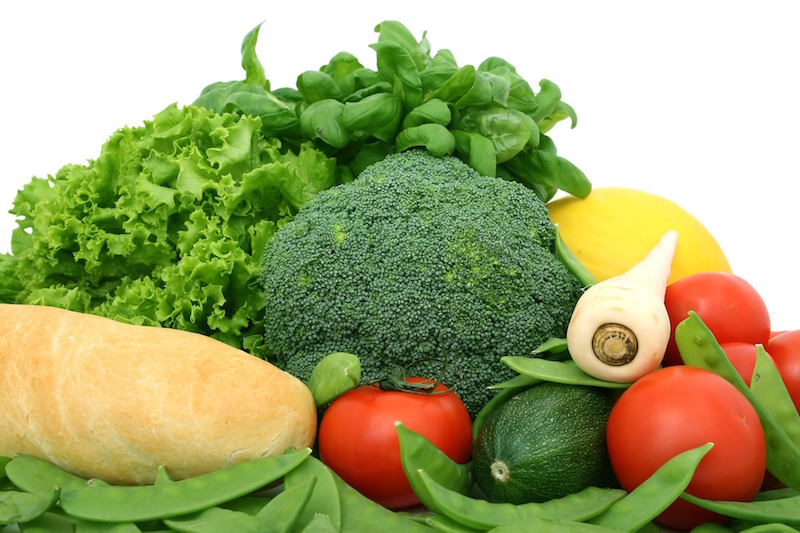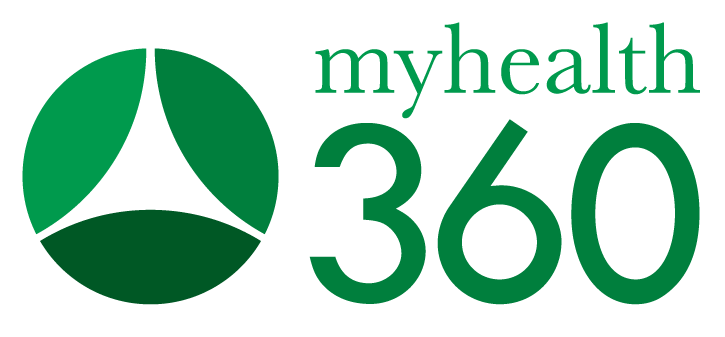
Are Organic Foods Worth it?
Shopping and Eating Organic: Is it really worth the cost and better for you?
Organic foods are those that are grown 95% or more WITHOUT: synthetic fertilizers, pesticides, herbicides, animal growth regulators (hormones) and dietary additives (antibiotics), irradiation, genetically modified organisms, and sewage sludge. After reading the list, one might think, “wow, I could go for a dose of that stuff!” But seriously, to eat organic, one must pay higher prices for the food. It tastes so much better, yet it is not more nutritious. The real value is avoiding consumption of toxins which accumulate in and on foods, especially within the fat of animals, higher on the food chain, which bio-concentrate these toxins
How do you know food is organic? It must have a label that states “USDA Organic” – certified by the U.S. Dept. of Agriculture. Labels on fruits and vegetables have 5-digit numbers starting with 9 or 6-digit numbers starting with 6-9.
How important is it to eat organic. VERY! A recent study compared urine and blood sample concentrations of know toxins (some carcinogens) of subjects who either ate organic for 1 month, and then conventional for the next month … or vice versa. This was a double-blind crossover study designed to eliminate bias. The results showed a practically and statistically overwhelmingly significant reduction in exposure to toxins by 75-90% when eating organic. It is known that pesticide consumption is linked with development of diabetes and obesity. In addition, it is considered by toxicologists that neurotoxin accumulation over one’s lifetime increases the risk of development of neurodegenerative diseases like dementia, parkinsonism, peripheral polyneuropathy, and other movement disorders.
Yes, organic food is more expensive. Why? Because cheaper mass-production of food requires unhealthy practices (Watch “Food, Inc.,” “Forks Over Knives,” or any of the relatively recently produced documentaries about our broken food system and lack of sustainable food policy) and isn’t compatible with producing healthy food. Farmers who follow organic practices have smaller yields over longer time-periods on smaller farms and receive trivial if not no governmental subsidies.
Smart food shoppers will use the “Dirty Dozen, Clean Fifteen” list published annually by the Environmental Working Group. Higher organic food prices are more than offset when you can purchase the “Clean Fifteen” at lower prices, by markedly reducing purchase and consumption of expensive animal products, and by buying smaller amounts of fresh produce (or frozen) more frequently to avoid food waste. Indirect cost savings are potentially dramatic – realized with marked reduction of healthcare costs incurred by managing eventual chronic disease.
Finally, organic foods are becoming more accessible as many stores carry them due to increasing consumer demand. Their marketing strategies are now including these products!












